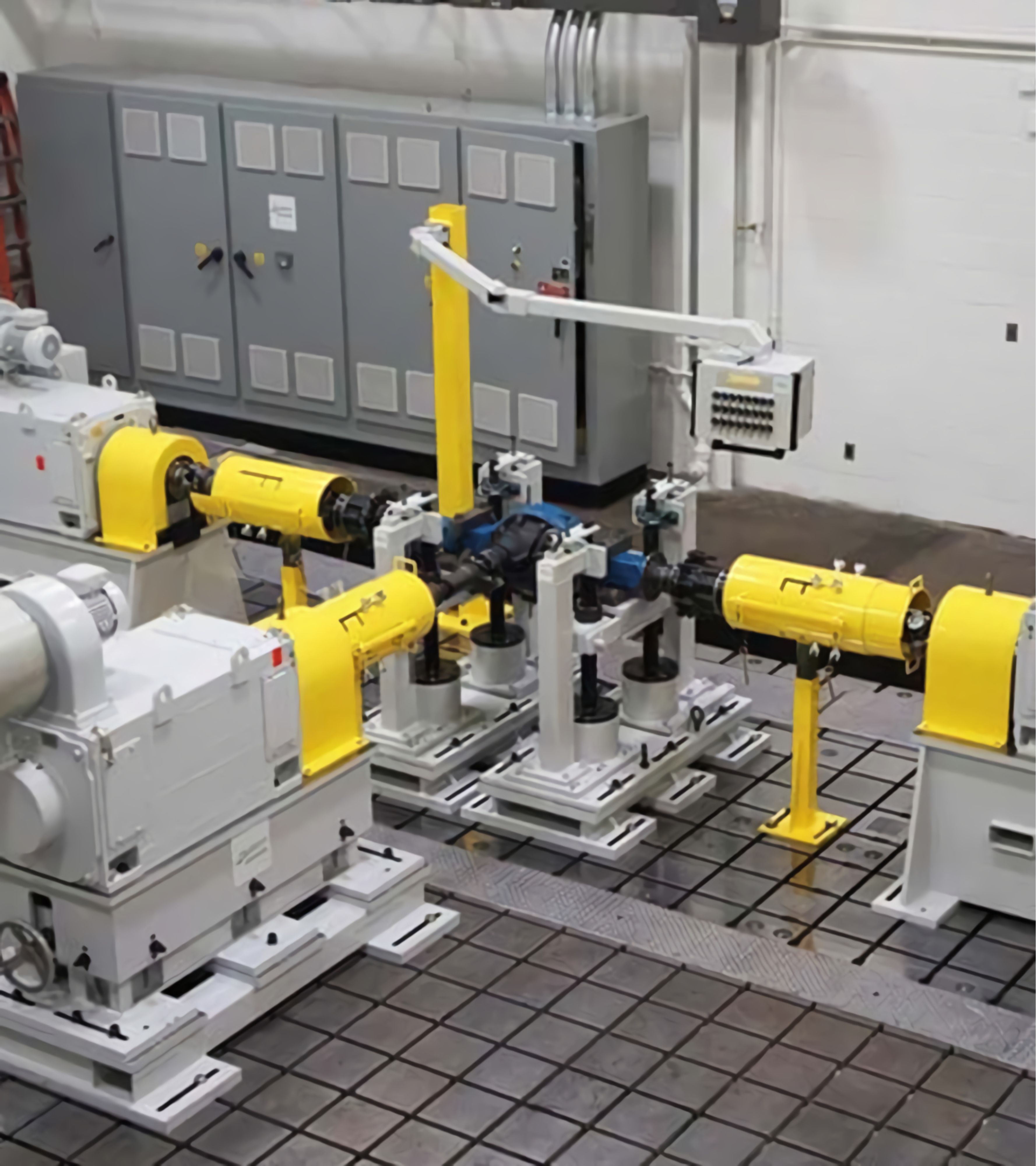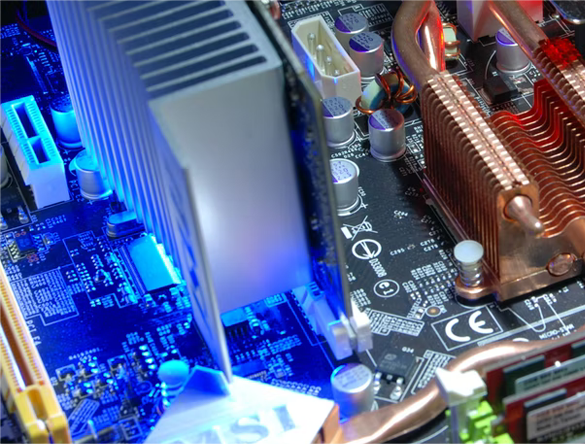EOL Services- End-of-line Tester Services
EOL Services- An end-of-line tester is a crucial quality control process in the automotive industry. It involves testing vehicles at the end of the assembly line to ensure that they meet specific quality and safety standards before they are delivered to customers. Using National Instruments (NI)hardware and software solutions for test, measurement, and control systems TMCS offers a range of eol services & solutions that can be used for developing and implementing end-of-line testers for automotive applications.
End-of-line Tester (EOL) systems can measure and check the functionality of automotive electronic control units, mechanical parts and related systems. Key factors considered are high test quantity, test completion and low system with upgrade costs. Today it’s important to have a flexible test platform with the growing intricacy of automotive electronics. TMCS has an End of Line Testing platform which is flexible and offers complete consistency.
End of line system allows error free, faster, accurate and a thorough testing of any type of UUTs.
At TMCS, we are specialized in providing customized and certified EOL testers as per customer’s requirements. These testers can be ruggedized or mobile if needed. TMCS serves the entire transportation portfolio business sector including Automotive OEM, MCV, HCV, off-highway vehicle manufacturers Tier 1, Tier 2, and Special purpose Machine builders.
With years of experience in the testing industry, we can say that no two automotive manufacturers are the same, and neither are their EOL requirements.
End-of-line tests ensure that every component of the vehicle, from electronics to mechanical systems, is functioning as intended. Automotive manufacturers rely on EOL testers to detect defects and inconsistencies that may have arisen during the manufacturing process, preventing potentially costly technical recalls and reputation damage.
With National Instrument hardware, PLC, and other third-party hardware, we leverage comprehensive testing solutions to meet the highest industry standards of safety, performance, and quality.
High performance, high-speed data acquisition systems, and modular instrumentation make this EOL more efficient.

Motor Test System:
EOL testers are developed to control and log data of Motor under test. Various tests like Voltage regulation, Temperature rise test, etc. can be carried out automatically. The test data is stored in real-time. Data is then gathered and stored for subsequent analysis. Pass and Fail results will be displayed based on configured data for further analysis.
Alternator Test System:
The major challenge was to develop a solution over the Alternator (End of line) Testing System that shall continuously monitor the temperature rise, during the heat-run test. With identifying and selecting the apt NI resources, we could finish the entire test 12 to 14 minutes earlier, reducing the alternator’s Test Cycle Time by 10+%
ECU Test System:
Car Door Handle Tester: The test bench is a specialized setup designed to simulate various actions performed by a user to lock or unlock a car door handle. This system recreates real-world scenarios within a controlled environment, facilitating the evaluation of the door-locking mechanisms’ performance and durability.
Spring Tester: EOL tester is used for calculating compression and tension values for different sized springs. EOL Tester to Test Signalling Group Relays:The sequence of testing the particular UUT (Group) is defined in form of a excel table.
Engineering Support
Panel lay Out, Documentation, Electrical Schematic, Point to point Diagrams, LabVIEW, NI hardware Integration team.


Advantages
- CE marked panel engineering.
- Effective consultation because of Know hows of NI Hardware.
- Timely support during integration.
Benefits of EOL
- Comprehensive testing capabilities- Functional, Electrical, Communication, and many more
- Reconfigurable, scalable design
- User-friendly interfaces
- Traceability (Multichannel, multidevice)
- Customizable reporting formats (Graphs, tables, Integration with customer’s databases)
- Remote Monitoring and support (as an additional feature)
Case Studies
Hydraulic Steering test System:
Additionally, safety considerations should be incorporated into the test setup to protect operators and prevent any potential damage to the vehicle or testing equipment.
Torque Measurement:
Steering Wheel Position:
Steering Angle Measurement:
Steering Wheel Returnability:
Steering Noise and Vibration:
Steering System Integrity:
Functional Tests:
Load Tests:
Temperature Tests:
Safety Tests:
The LabVIEW software platform is used to develop custom test sequences, perform data analysis, and generate comprehensive test reports.
Advanced Solutions for Every Industry
Automotive

TMCS Caters to the automotive industry requirements with various tests like Hardware in Loop (HIL) Performance, EOL, Production and Embedded software tests, and Data Logging systems. Vehicle testing and validation….Read More
Aerospace Defense

With customizable off the shelf platforms and systems TMCS serves Aero defense sector with verification and validation systems , Modular Automated Test Equipment for R&D as well as production .Electromechanical set ups, control systems… Read More
Engineering Service Provider

Engineering service providers rely on test systems to deliver comprehensive testing and validation to their clients TMCS helps these companies for test fixture design, control panel engineering ,data acquisition and monitoring… Read More
Power Electronics

Using hardware platforms such as NI PXI, Compact DAQ we perform testing and validation for Motor drive , inverter etc., Design and Simulation, Power Quality Analysis and pc based data acquisition This includes measuring parameters such as voltage…. Read More
EV

